Commercial Kitchen Extraction Systems
Cleaning of hoods/canopies, ducts, fans, and weather cowlings
Legislation & BWoF Compliance
As New Zealand has no specific legislation relating directly to the cleaning of commercial kitchen extraction systems, the Australian standard AS1886 is followed. This standard is considered to be best practice when it comes to cleaning kitchen extraction systems in New Zealand. The purpose of a BWoF (Building Warrant of Fitness) is to ensure the building is safe for those inside it. If your building has any form of mechanical ventilation, and it is on your BWoF schedule of compliance, it must be inspected before the BWoF can be signed off by an Independent Qualified Person (IQP). This is usually done annually before the BWoF can be signed off and presented to the local council. It is the landlord’s responsibility to ensure the inspections are carried out and any remedial work performed, and the system re-inspected before the BWoF deadline. Almost always some level of cleaning will be required, then documented for example a hood clean. You would be wise to budget for this work and to facilitate regular cleaning, as advised, before the BWoF deadline. The landlord may be fined for non-compliance if this deadline is not met.
Your Extraction System
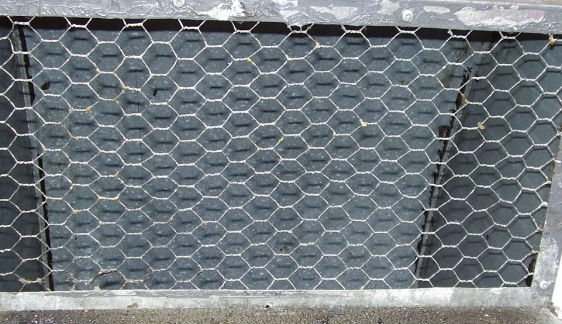
Anti-bird Guard
An anti-bird guard prevents birds getting into the system to nest. Over time these can become clogged with grease or rust out. When this happens the extraction system cannot expel the air it needs to. Lack of air flow can also interfere with the system’s ability to function.
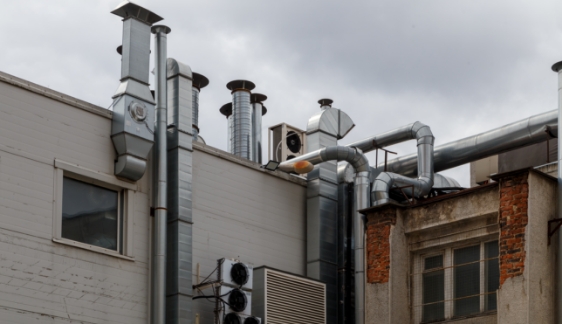
Ducting
Your ducting needs to be cleaned regularly. How often this is, depends on a number of factors; your menu (e.g., burgers and hot chips), the volume of cooking, your local council regulations, insurance requirements and your landlord.
As a general rule, you should have your ducting inspected and cleaned, if necessary, at least once a year, for compliance with your Building Warrant of Fitness (BWoF).
A business that is very busy and prepares a large quantity of greasy food will require cleaning more frequently than a cafe that serves mainly scones and cakes.
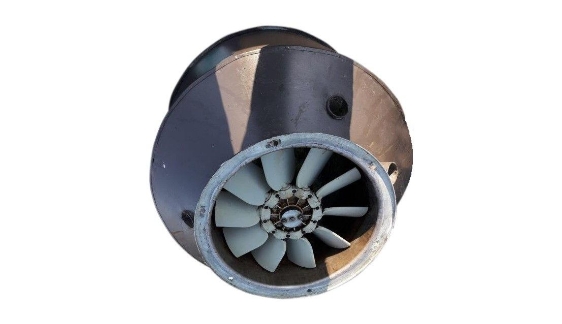
Fan and Housing
An extractor fan and it’s housing also require regular cleaning. Grease build-up on fan blades makes it harder for them to turn, which stresses the motor and can cause it to burn out and start a fire in the ducting.
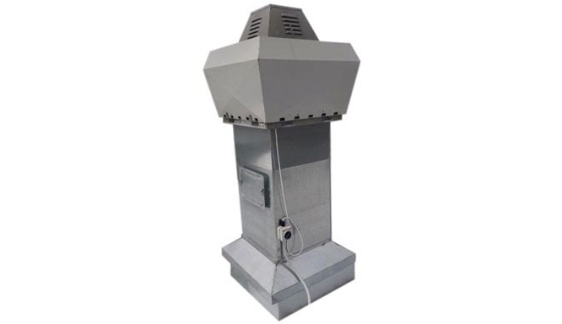
Weather Cowling
This is designed to stop the elements – such as rain and wind getting into the ducting and to also allow extracted air to be released into the atmosphere. Over time extracted grease can cover the cowling and the area surrounding it.
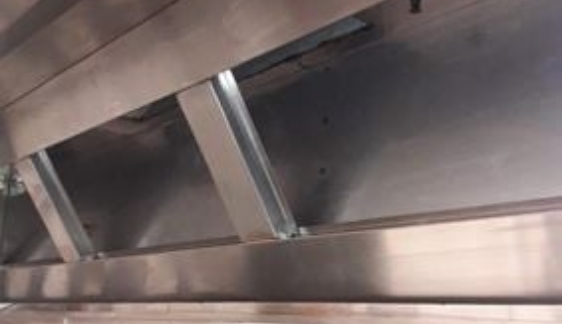
Interior Hood
Some hood interiors are harder to clean than others for a number of reasons. A hood that has been neglected for years will take significantly longer to clean than a hood that is properly cleaned on a regular basis.
Health and Safety
This is an area of critical importance for our staff and customers. Because every job is unique, we prepare a detailed risk analysis profile specific to that job before proceeding with any work. When hazards are identified we develop a plan of action to mitigate these risks before proceeding. We have staff that are trained to work at heights and in confined and restricted spaces. We are often called on to work in these settings. Oven Cleaning Services has been awarded the status of being a SiteWise Green Business, demonstrating that we have robust, high-quality health and safety systems in place. Many large entities require that a business must have SiteWise Green Business status as a prerequisite to be considered for selection. Even if you are not a large business you can rest assured that our health and safety system is top-class.

